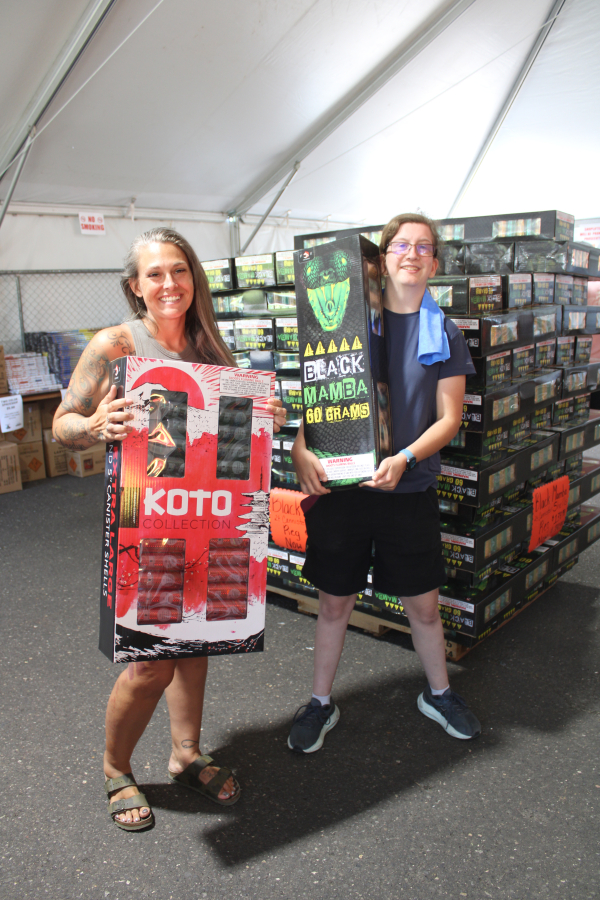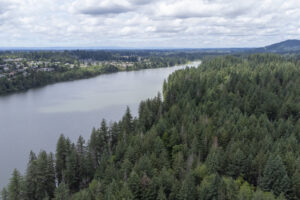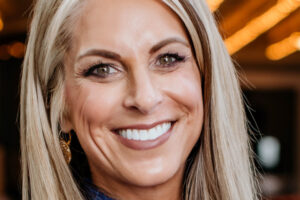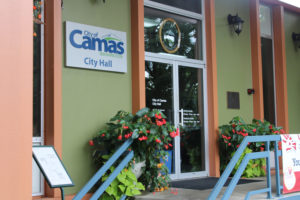Unable to come to a consensus at the dais after months of debate, the Camas City Council has once again pushed the “fireworks question” a little further down the road.
The Council members voted 5-2 during their June 17 meeting to hold a public hearing in September on the possibility of banning the purchase, sale and discharge of aerial shell fireworks kits with reloadable tubes, also known as mortars.
Due to a state law that says fireworks-related ordinances cannot take effect for one year following their passage, pushing the public hearing into September means a new ordinance banning mortars in Camas would not impact the Fourth of July holiday until 2026.
The decision to hold a public hearing on the possibility of banning mortars stemmed from a recommendation by Councilman Tim Hein, a member of the Council’s ad hoc fireworks committee.
Camas officials have been debating the fireworks issue for nearly a decade — reducing the number of days when residents can discharge personal fireworks from eight days to two days — July Fourth and New Year’s Eve — but refusing to go as far as their neighbors to the east, west and south, where fireworks are limited to “safe and sane” types in Washougal and banned outright in Vancouver and Portland.





